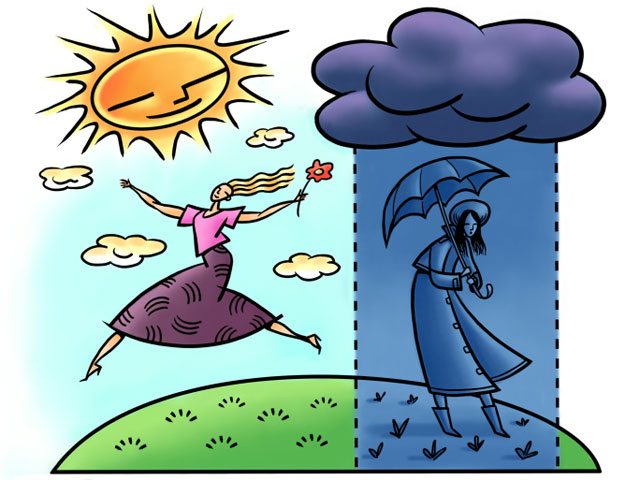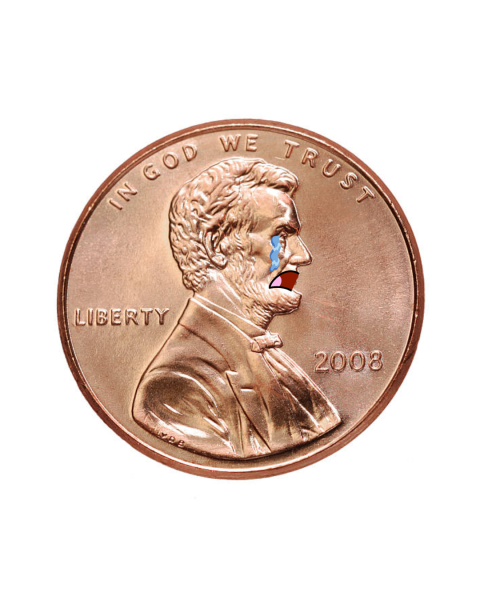Seasonal depression is real
Graphic courtesy of Georgia CPR
Graphic depicting the general mood difference between summer and winter
The transition from summer/fall to winter sucks. From the sun staying out until 10 pm to starting to set at 4 pm. It’s the worst.
Little do we know, climate change affects a lot of people. It’s an actual problem that people deal with when their mood and mental health is not up to par because of it.
Before you can even go outside to hang out with friends it’s already dark, and it’s always cold, snowing and windy. That weather just sounds depressing already.
As I bring up the topic of depression, climate change can cause depression. Depression is a serious disorder that affects your mood, appearance, communication with others etc.
I decided to read up more on how climate change affects your mental health and it is scientifically noted that it does with different timings.
Climate change depression is a big concern in my opinion. Climate change depression is a big concern to me because it happens to many people and what activates it is the smallest thing as climate change.
Elders, adults, young adults and teens suffer from seasonal depression. According to a performance by “Cleveland Clinic,” depression during climate changes is often referred to as the “winter blues”
“Winter blues” is when people are going through a slight depression due to winter weather changes.
Women are more likely to suffer from it than men, and people who are younger get it the most. About 75% of women get seasonal depression, according to a study by “Cleveland Clinic.”
If you are wondering if people could get summer depression, that is very rare. It would start late spring or early summer and end in the fall.
Some things that may help you cope with your depression during these times are getting moving, going outside, making plans with friends and family you know, giving yourself something fun to look forward to, keeping warm and cozy, staying connected with loved ones and eating lots of fruits and vegetables.
It’s something that won’t last forever, but if it does start getting serious, go see a therapist or tell a trusted adult. Don’t go through this by yourself, it’s not just that easy.




